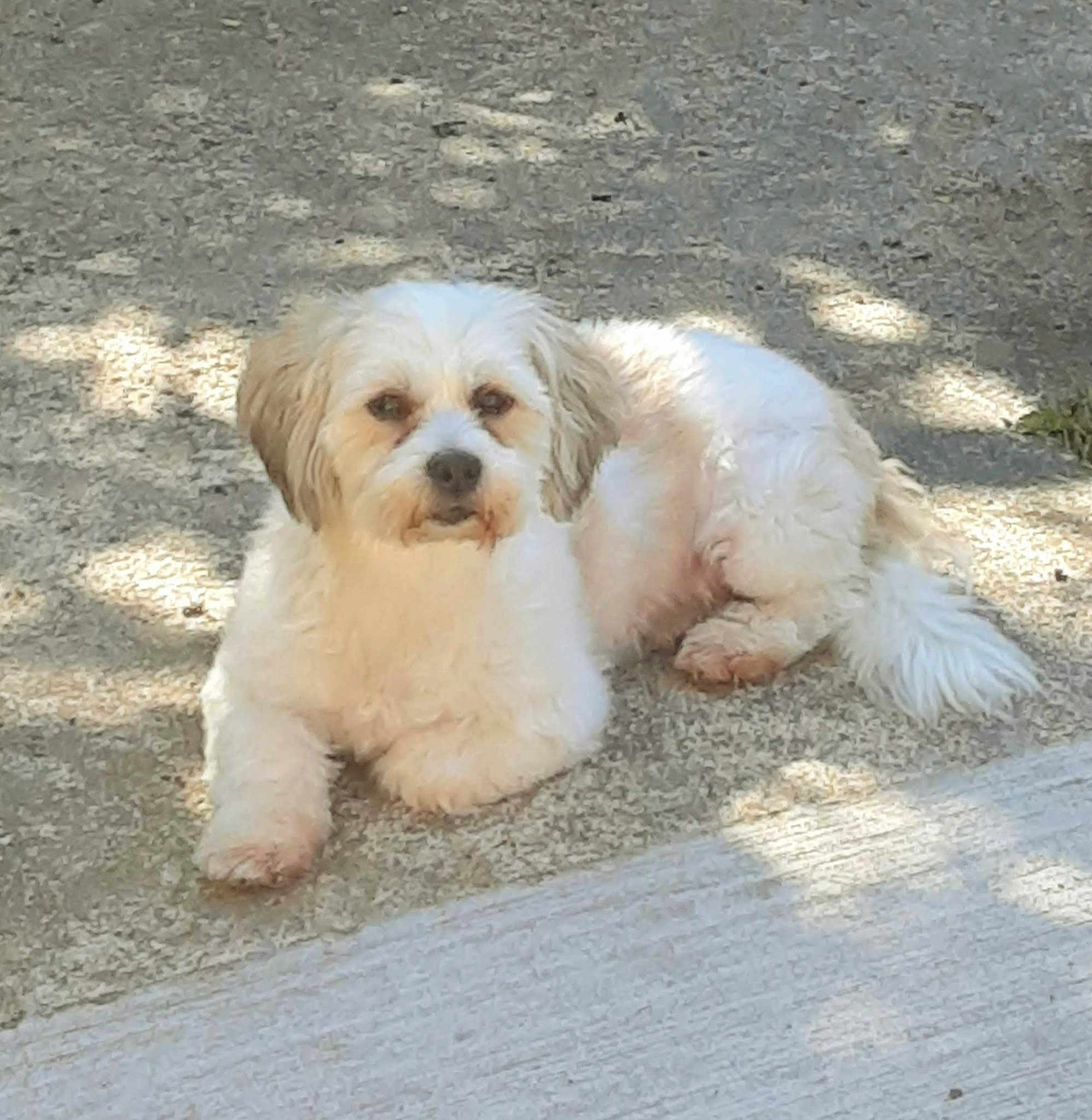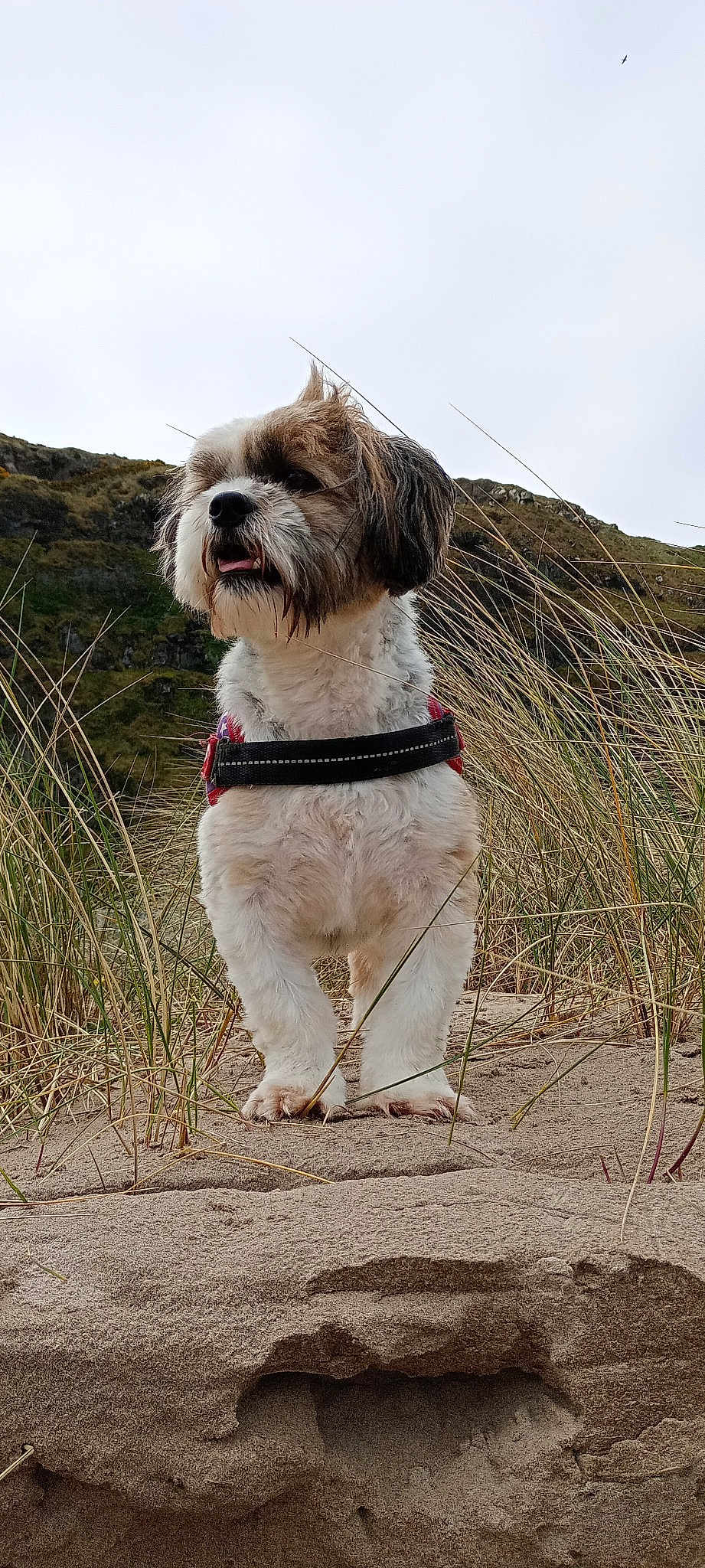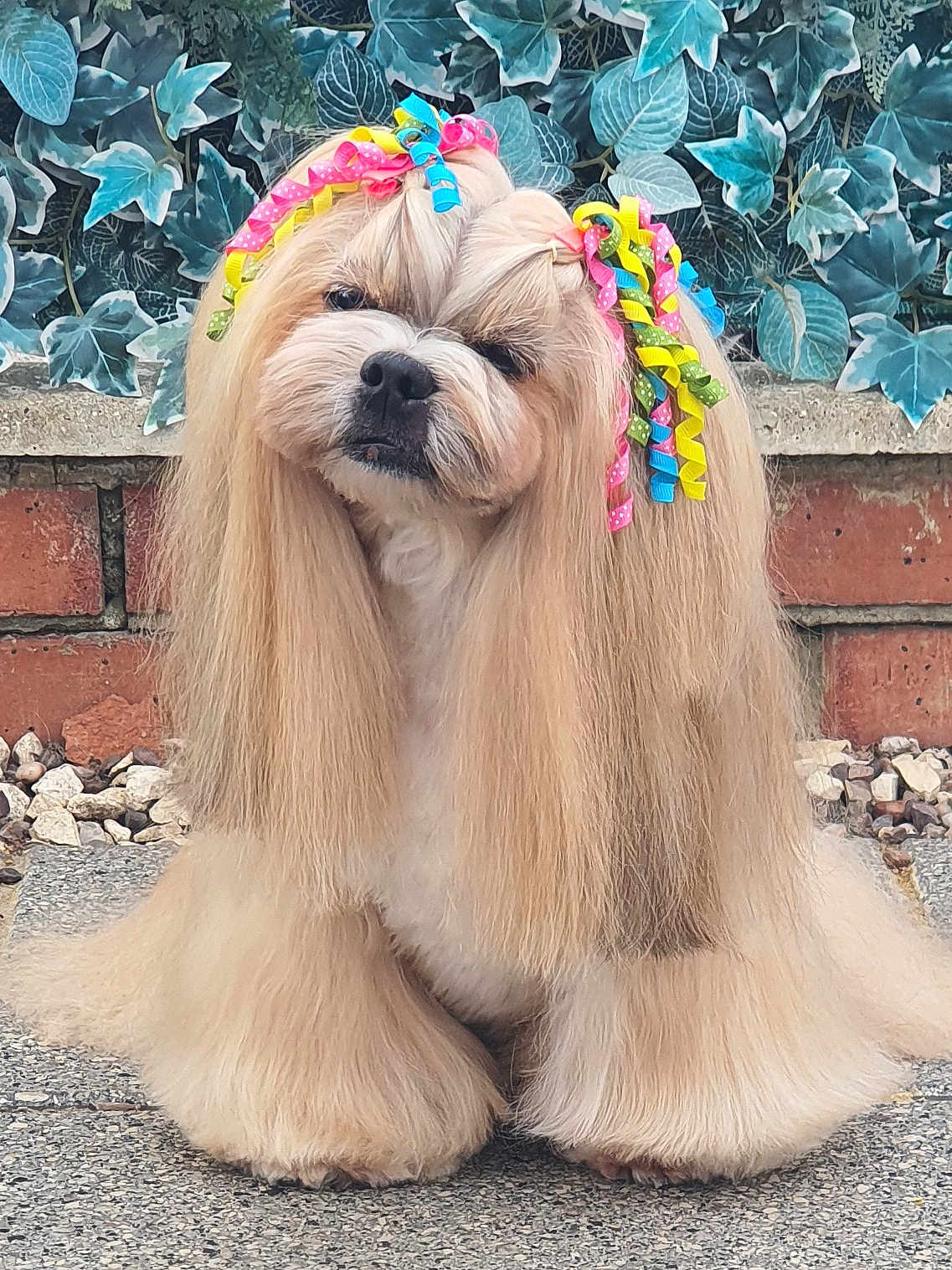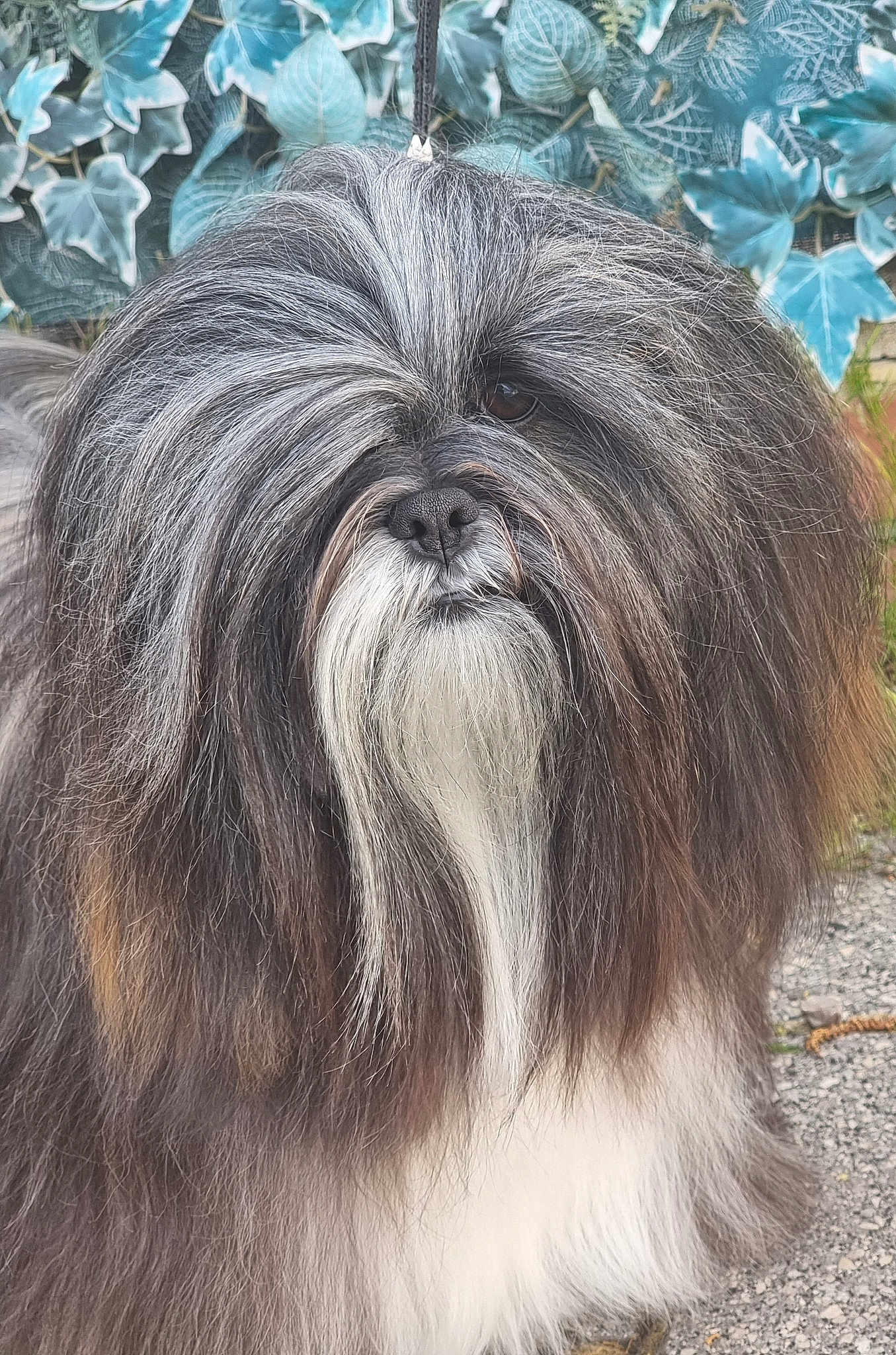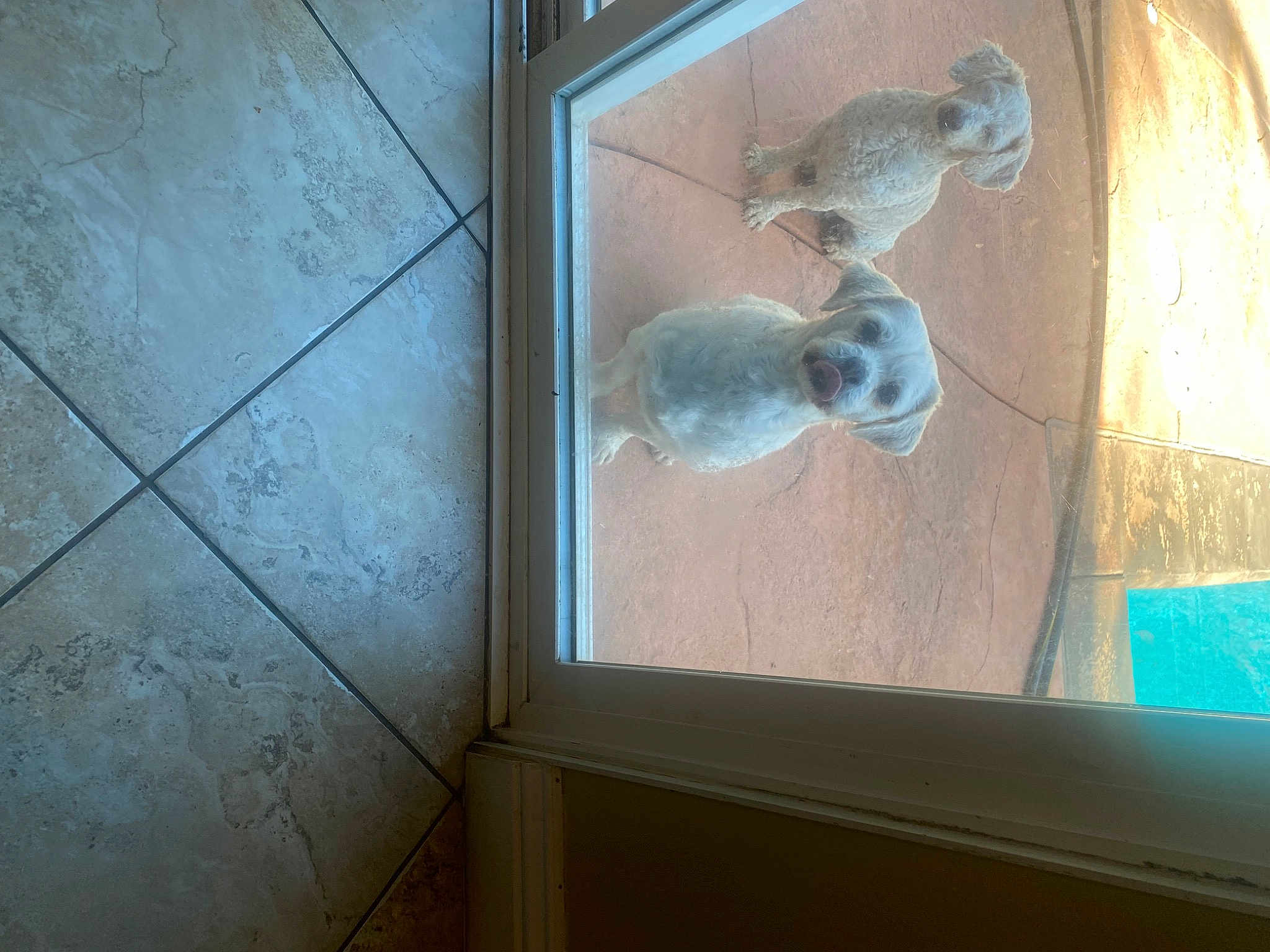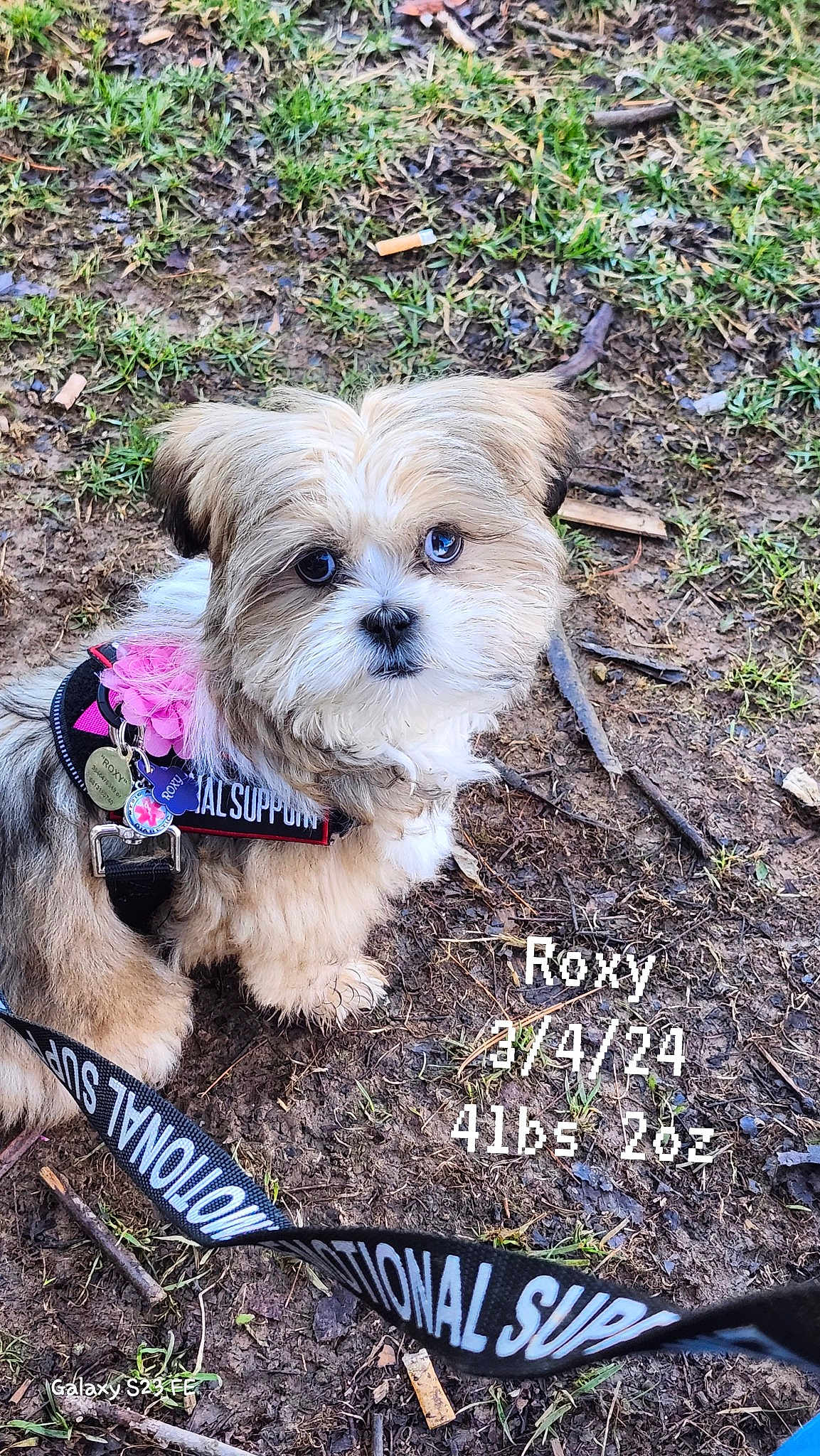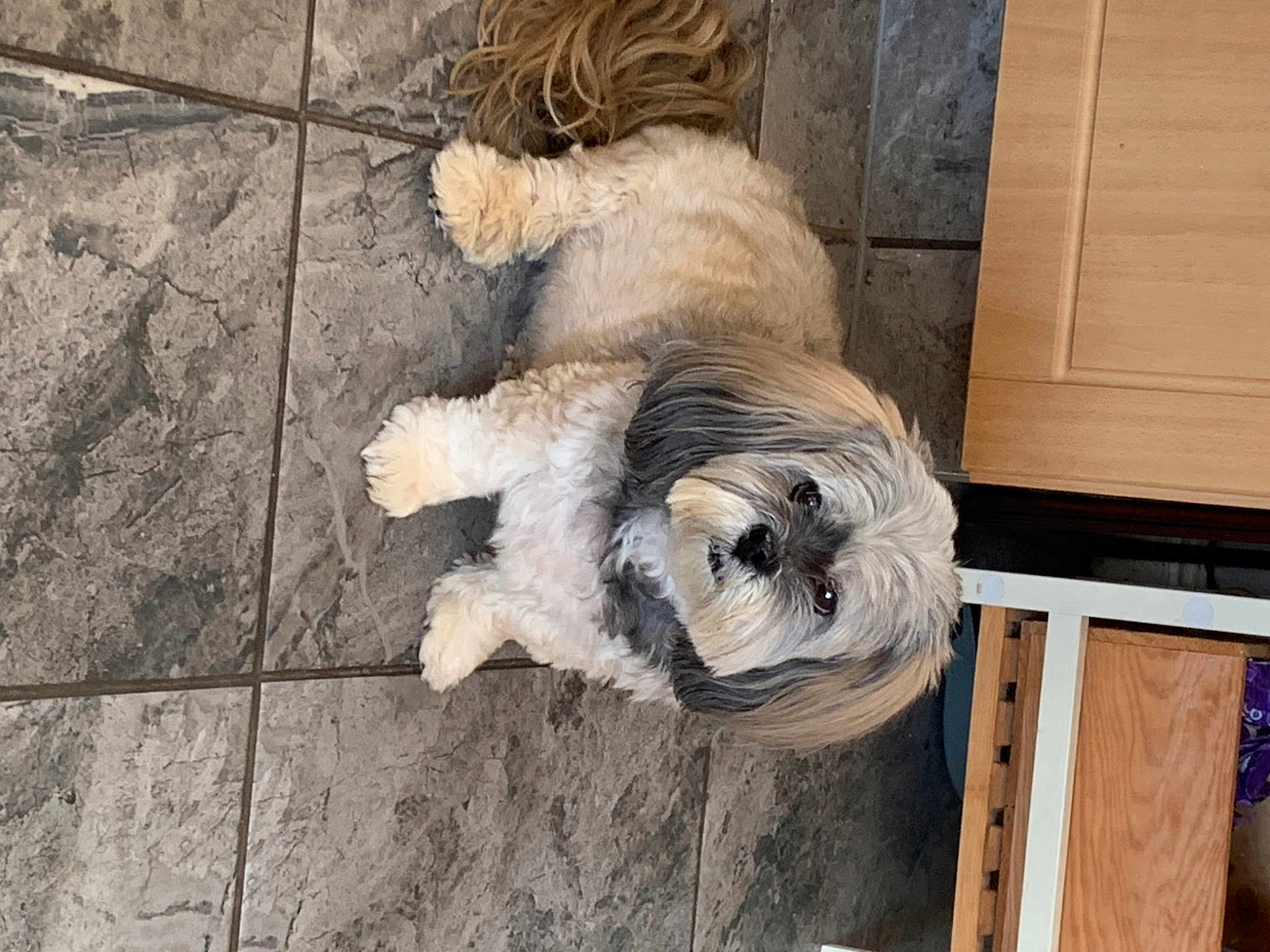
"Guarding the temples of Tibet for centuries, the Lhasa Apso is more than just a dog; it is a symbol of grace and guardianship, bridging history and companionship."
Delving into the world of dog breeds reveals a tapestry of rich histories and unique traits. Each breed carries its own story and significance, often tailor-fitted to different lifestyles, preferences, and cultural backgrounds. One such breed, the Lhasa Apso, stands out not only for its unique history but also for its charming personality and dignified demeanor.
Personality and Behavior of the Lhasa Apso
Known for their confident and sometimes aloof nature, Lhasa Apsos possess a distinctive personality that endears them to dog lovers worldwide. Despite their small size, Lhasas have a reputation for being excellent watch dogs. Their keen senses and alert nature make them quick to notice anything out of the ordinary, a trait rooted in their history as temple guards in Tibet.
Another charming aspect of the Lhasa Apso's personality is their bond with their family. These dogs are often deeply affectionate and loyal to their owners, forming strong, lifelong bonds. While they might be reserved around strangers, their love for their family is unmistakable and unwavering. This dedication makes them wonderful companions for those who appreciate a dog that is both independent and loving.
Lhasa Apsos are also known for their playful and spirited nature. They enjoy engaging in activities that stimulate their minds and bodies, whether it's a playful romp in the yard or a challenging puzzle toy. This breed thrives on mental stimulation and enjoys exploring their environment, often displaying a curious and investigative spirit.
The Lhasa Apso's reputation as a vigilant guardian dog is not just lore; their alertness and tendency to bark at unfamiliar sights and sounds make them excellent watchdogs. This trait, inherited from their temple-guarding ancestors, persists in the modern Lhasa Apso, ensuring they remain diligent protectors of their homes.
Meanings, History and Origins of the name Lhasa Apso
The name "Lhasa Apso" is steeped in history and significance, reflecting the breed's origins and role in Tibetan culture. "Lhasa" refers to the capital city of Tibet, symbolizing the breed's deep connection with this ancient and spiritual region. "Apso" loosely translates to "bearded," referring to the breed’s distinguishing long, flowing coat that resembles a lion's mane.
Historically, Lhasa Apsos were more than just pets; they were considered sacred animals, often found in Buddhist monasteries where they served as sentinel dogs. Their presence was thought to bring luck, and they were sometimes given as gifts to signify good fortune. These dogs were esteemed by monks who believed that the Lhasas had the souls of monks and nuns who were not yet ready to reincarnate as humans.
This dignified and almost mystical background gives the Lhasa Apso a unique place in the world of dog breeds. Their small but sturdy stature, coupled with their confident and composed demeanor, reflects the noble purpose they served in ancient Tibetan society. Today, while they may no longer guard temple gates, Lhasa Apsos continue to embody the spirit of guardianship and loyalty.
Popularity of the Lhasa Apso
Globally, the Lhasa Apso enjoys a respectable level of popularity, particularly in English-speaking countries. In the United States, for example, the breed's unique combination of loyalty and independence has found a devoted following. Their adaptability to various living conditions, from apartments to larger homes, makes them a versatile choice for many dog lovers.
In the United Kingdom, Lhasa Apsos are cherished for their distinctive appearance and regal bearing. British dog owners often appreciate the breed's historical significance and its statuesque beauty. Similarly, in Australia and Canada, the Lhasa Apso's playful yet dignified demeanor makes it a favored companion, particularly for those seeking a small but alert watchdog.
Beyond English-speaking regions, the Lhasa Apso also holds a special place in hearts around the world. In countries like Japan and those in Europe, the Lhasa's unique look and personality traits have earned it a dedicated fan base. Despite the differences in cultural backgrounds, the breed’s charm and storied past give it a universal appeal.
Health and Care of the Lhasa Apso
Lhasa Apsos are generally healthy dogs, but like all breeds, they are prone to specific health issues. One common concern is hip dysplasia, a condition that affects the dog's hip joints. Regular veterinary checkups and a healthy diet can help manage this condition and ensure your Lhasa remains active and comfortable.
Eye health is another critical aspect for Lhasa Apsos. The breed is susceptible to certain eye conditions, including progressive retinal atrophy (PRA) and dry eye. Regular eye examinations by a veterinarian can help catch these issues early, ensuring that your Lhasa's vision is preserved for as long as possible.
Diet also plays an essential role in the health of a Lhasa Apso. Because of their long coats, a diet rich in omega-3 and omega-6 fatty acids can help maintain skin and coat health. High-quality dog food that meets all their nutritional needs and appropriate portion control can prevent obesity, a common issue in small breeds.
Proper grooming is paramount for the Lhasa Apso due to their distinctive long coat. Regular brushing is required to prevent matting and tangling, and scheduled grooming sessions can keep their appearance neat and clean. Additionally, their ears should be checked regularly to avoid infections, a common problem in breeds with heavy ear fringes.
Training and Education of the Lhasa Apso
Training a Lhasa Apso can be both a rewarding and a challenging experience. Known for their independent streak, these dogs require a firm yet gentle hand when it comes to training. Consistency is key; Lhasa Apsos respond well to positive reinforcement techniques, with rewards like treats and praise encouraging good behavior.
Socialization is crucial for this breed, especially given their tendency to be suspicious of strangers. Introducing your Lhasa to various environments, people, and other animals early on can help curb any overly protective or wary tendencies. Consider enrolling your Lhasa Apso in puppy socialization classes to foster a well-rounded and confident adult dog.
Lhasa Apsos are intelligent and curious, making them quick learners when properly motivated. Mental stimulation through interactive toys, agility training, and obedience exercises can keep their minds engaged and prevent boredom-related behaviors. Remember, a bored Lhasa can be prone to mischief, so keeping them mentally and physically stimulated is essential.
Patience is vital when training a Lhasa Apso. While they are smart and capable, their independent nature means they might take longer to train than more eager-to-please breeds. Developing a training routine that is consistent, fun, and rewarding will yield the best results for this determined little dog.
In naming your Lhasa Apso, consider its cultural significance and the stories behind the breed. Traditional Tibetan names, or names that reflect the breed's dignified and guarding nature, can add a beautiful layer of meaning to your companionship.
Picking the right dog breed hinges significantly on aligning a dog's characteristics with your lifestyle. If you seek a companion that is both elegant and protective, with a rich historical background, the Lhasa Apso might be the perfect match. Whether you're drawn by its striking appearance or its serene but watchful nature, this breed offers a blend of companionship and ancient guardianship.
The enduring charm of the Lhasa Apso lies in its ability to blend historical guardianship with modern-day companionship. At KingPet, we see countless Lhasa Apsos showcasing their beauty and loyal nature in our photo contests, a testament to their lasting appeal. Choosing a Lhasa Apso means welcoming a piece of Tibetan history into your home, along with a dedicated watchdog and loving companion.

















































